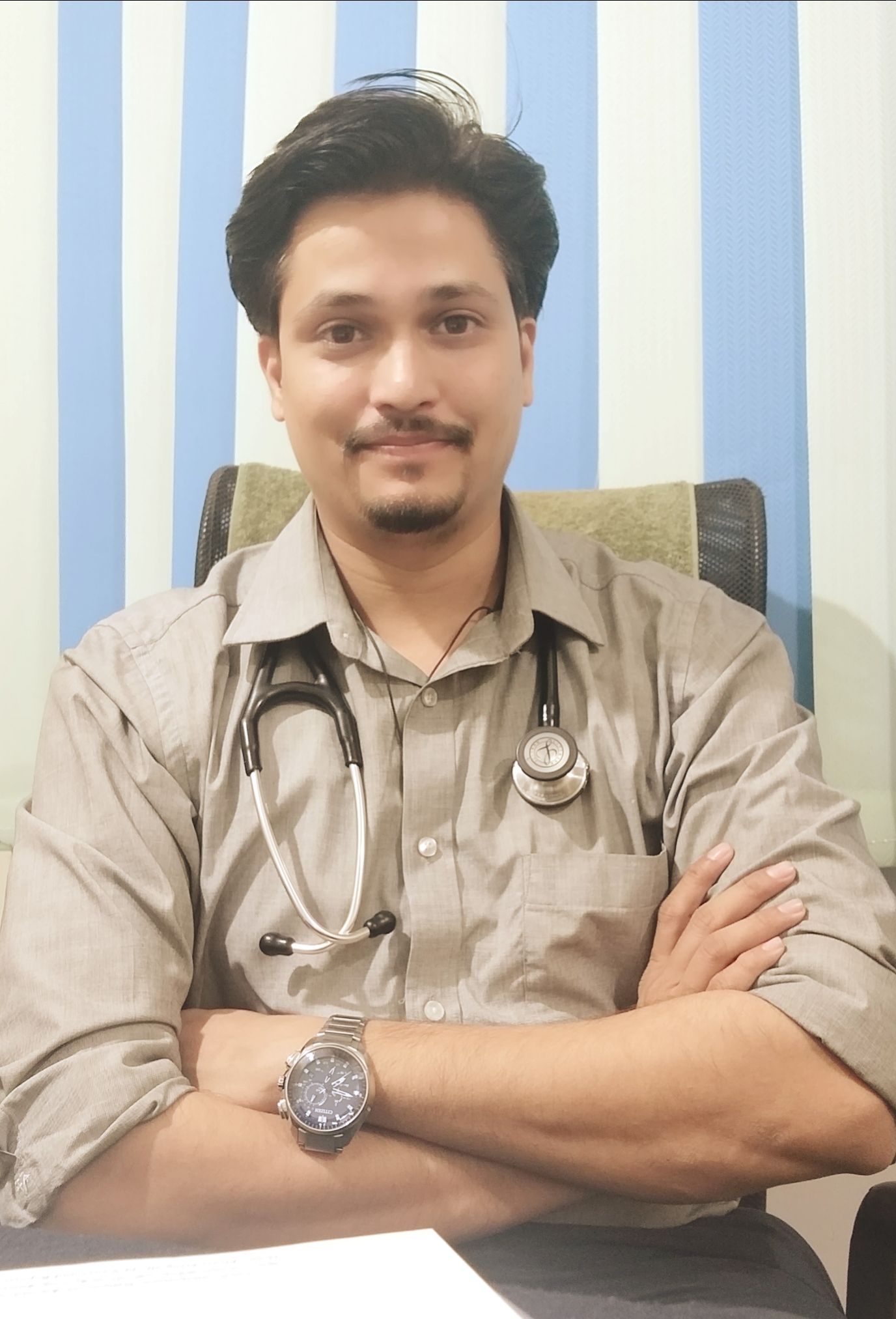Volume 6 Issue 7 July, 2016
Consultation Liaison Psychiatry Focus: Pulmonology – Sleep Apnea Syndrome
Day time drowsiness, difficulty in concentration, lack of good sleep, hypertension, unable to lose weight! Typical set of symptoms which are quite common in a physician’s OPD. One small question would open up a new angle in assessment which is often missed despite the best efforts in treating the above. That is – “do you snore”? Sleep is a period of bodily rest characterized by reduced awareness of the environment. Sleep plays a vital role in good health and well-being. Getting enough quality sleep at the right times can help protect the physical health, mental health and quality of life.
SLEEP APNEA DISORDERS
Sleep-disordered breathing (SDB) is present when there are repetitive episodes of cessation of respiration (apnea : >10 or more seconds of cessation of breathing) or decrements in airflow (hypopnea) during sleep, associated with sleep fragmentation, arousals, and reductions in oxygen saturation. An apnea can be of 3 types: obstructive, central, or mixed. It is more common in men (2-4%) than women (1-2%) often diagnosed in middle age. Evidences suggest that 90% of these people are yet undiagnosed during surveys.
EFFECTS OF SLEEP APNEA DISORDERS
Sleep and oxygen deprivation can lead to number of
- Medical problems like Increase the risk of high blood pressure, heart failure, arrhythmias, stroke, obesity, diabetes, metabolic syndrome (Syndrome X), Syndrome Z (with COPD).
- Psychological problems like: irritability, concentration problems, fatigue, depression and anxiety
- Problems to society: loss of productivity and catastrophes related to human errors ranging from road accidents to nuclear disasters!
Diagnosis: Variety of scales like Berlin’s questionnaire, Epworth sleepiness scale, STOP questionnaires would help in assessment. Polysomnography (PSG) is a diagnostic procedure for sleep apnea. Apnea-Hypopnea Index (AHI) is used to grade severity and AHI>5 suggests SDB.
Treatment: Sleep apnea is a chronic condition that requires long-term management. Lifestyle changes, Continuous Positive Airway Pressure (CPAP) devices and other breathing devices, surgeries like uvulopalatopharyngeoplasty can successfully treat sleep apnea in many people. Sedatives like benzodiazepines should be better avoided for insomnia as they tend to worsen obstruction as well as apnea. If they need sedatives, sedating antidepressants may be used after considering other contra-indications. Treatment often results in dramatic improvement in symptoms and quality of life and hence the need to recognize the entity especially in patients with disturbed sleep like mentally-ill, those with chronic pain and cardio-respiratory disorders.

Basaveshwara Medical College & Research Centre, Chitradurga, KA.
Email: drbssangolli@gmail.com
